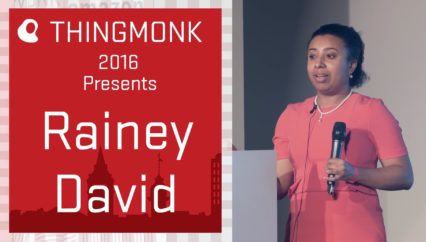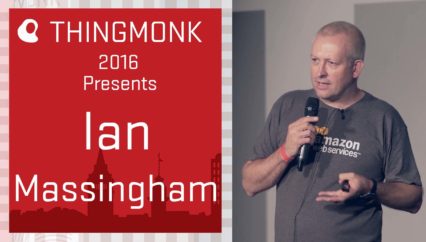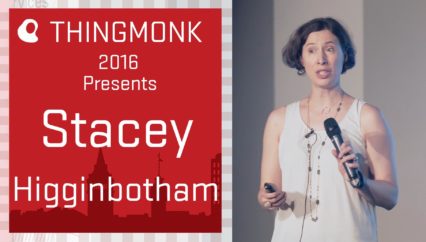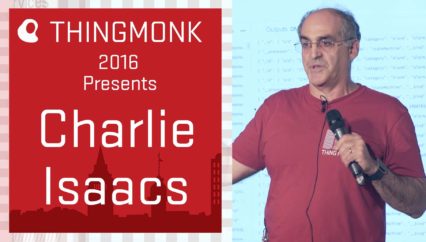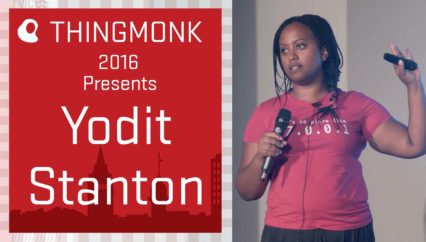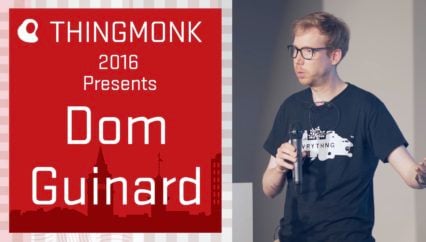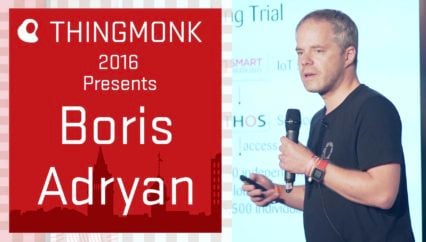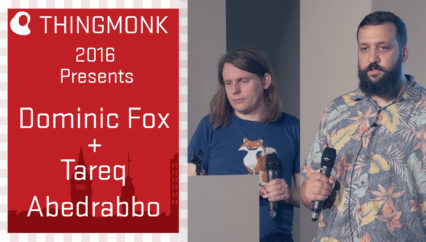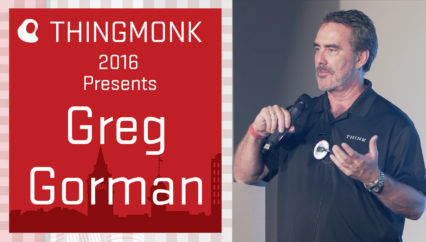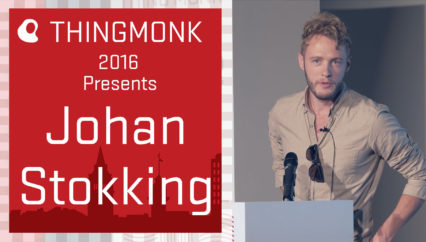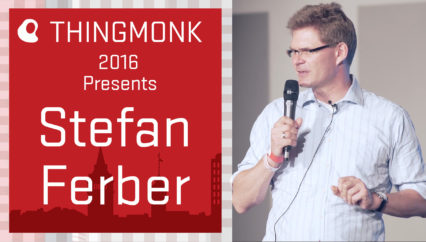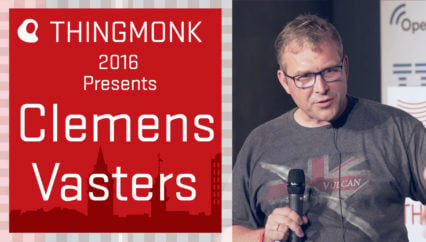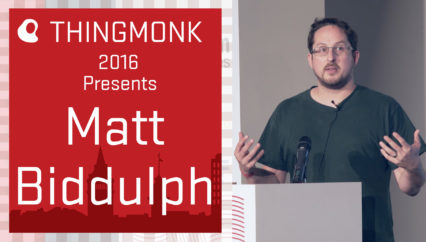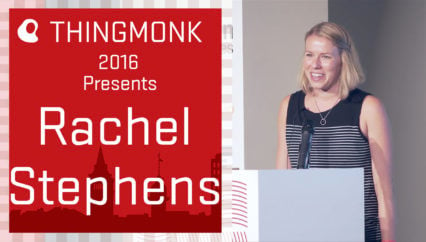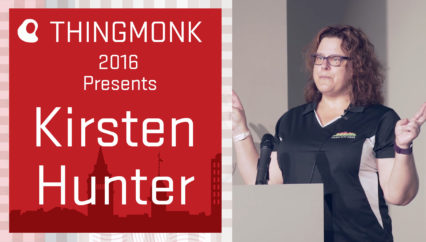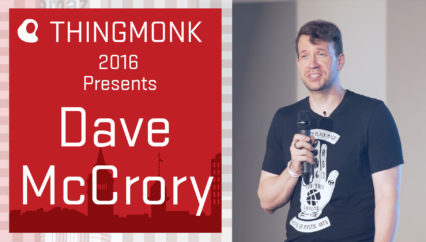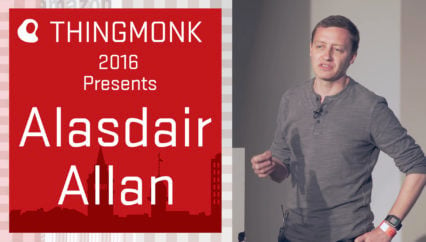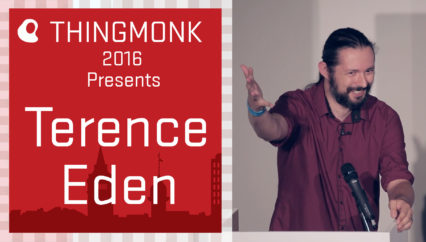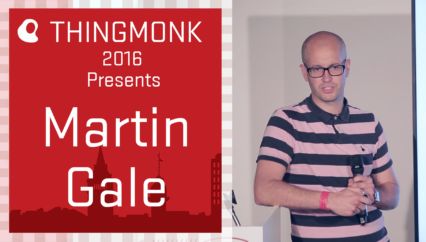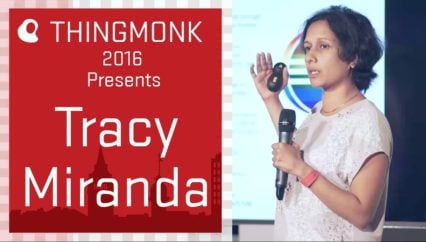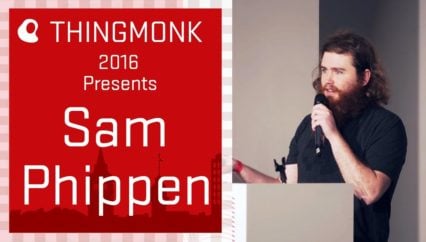In this concluding talk Ronald McCollam echoed some of the key themes touched on throughout this conference. Simply connecting IoT devices to the internet does nothing to create value. A successful IoT project is one that gives customers full end-to-end control and the ability to turn insights into improvements. Within such an end-to-end IoT environment, security vulnerabilities should be detected and patched immediately, edge algorithms could continuously improve based on real world results, and business processes would be transformed to result in massive gains in operational efficiency.
Ronald McCollam is a “geek of all trades” with experience ranging from full stack development to IT operations to management and sales. He has been involved in technology and open source software since a stack of 3.5″ Slackware floppies was the *easy* way to install Linux and gained a healthy respect for security during his years in IT operations management. Ronald currently works at Resin.io helping to bring the speed and process of web DevOps to hardware management. Achieving these results requires the coordinated efforts of three IoT building blocks – modules, data, and code. In this session Ronald presented insights gained from data within ARTIK Cloud resulting in new software deployed to a fleet of ARTIK devices using resin.io’s IoT software deployment and management service.
Ronald also addressed another recurrent theme that emerged through the conversation at Thingmonk. Not related to any specific development or technical advance, but rather the manpower necessary to the provision of complex systems at scale. Under current growth patterns and projections for exponential expansion and ubiquitous provision of IoT applications. His bottom line assessment for devops going forward is that there simply aren’t enough developers to take up the slack. Especially if they continue to rely on traditional embedded tool chains. Asserting that success in the industrial Internet requires an ability to quickly and iteratively deploy safely containerised software to remote environments, Ronald told us that those who ship code will succeed.
